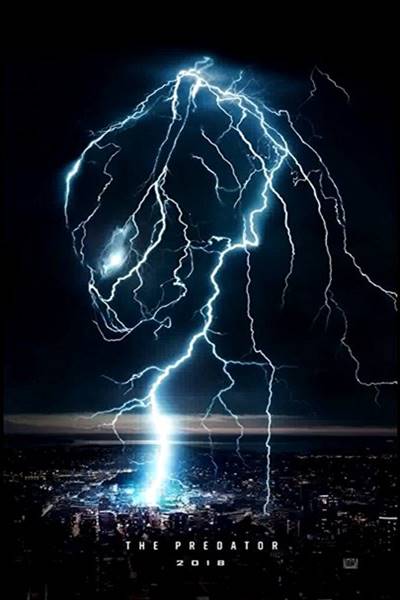
Shane Black
Biography

Considered one of the pioneer screenwriters of the action genre, Black made his mark with his Lethal Weapon (1987) screenplay. He also collaborated on the story of the sequel, Lethal Weapon 2 (1989). Each successive script he turned in had a higher price attached it, from The Last Boy Scout (1991) to The Long Kiss Goodnight (1996), and in between a re-write on the McTiernan/Schwarzenegger Last Action Hero (1993) script.

No info available
Trivia
The $1.75 million he received for his screenplay for The Last Boy Scout (1991) was the highest to date in 1990. He then topped it when he sold the script to The Long Kiss Goodnight (1996) for $4 million a few years later. Both were box-office disappointments that later found cult audiences on home video.
Brother of Terry Black
After being the highest paid screenwriter in Hollywood, he disappeared as a writer in the late '90s. He recently admitted he withdrew due to pressure and a growing contempt for his own commercial, action-packed material.
Shared a house with future successful screenwriters like Fred Dekker (The Monster Squad (1987), Night of the Creeps (1986), RoboCop 3 (1993)) and Ed Solomon (Men in Black (1997), Charlie's Angels (2000), Levity (2003)). They called their place the "Pad O' Guys" and considered themselves a fraternity for the ultimate movie buffs by staging and dissecting John Woo fight scenes in the front yard at three in the morning.

I'd like to be the sort of raconteur who rattles off quips and bon mots in the moment, but I'm not going to hit you with the dazzler. Most people just say nothing all of the time.
Dialogue can be fun but most people don't study it.
What I missed was the ability to tell stories that felt more like novels -- that had more edge to them, and more risk. There are a lot of obscure movies in the '60s that are thrillers that don't have happy endings. Odd movies like Vanishing Point (1971) or even Point Blank (1967) or Night Moves (1975) that had this sort of bittersweetness about them -- this melancholy where the ending was, you know, "Wow, that's great, I guess." And you didn't know whether the hero had been scarred for life. I think there was just a weight, a gravity, to movies that were made back then -- where you could take a left turn and the studio wouldn't go, "Whoa whoa whoa whoa! This doesn't fit our demographic!" And today -- not with Warners, because I had a great experience with them, but in general -- I think there's a pressure to sort of sanitize things. Especially today, with the prevalence of the Moral Majority, it's almost like you can't get away with giving someone a harsh look without some citizens' group coming down on you.





















